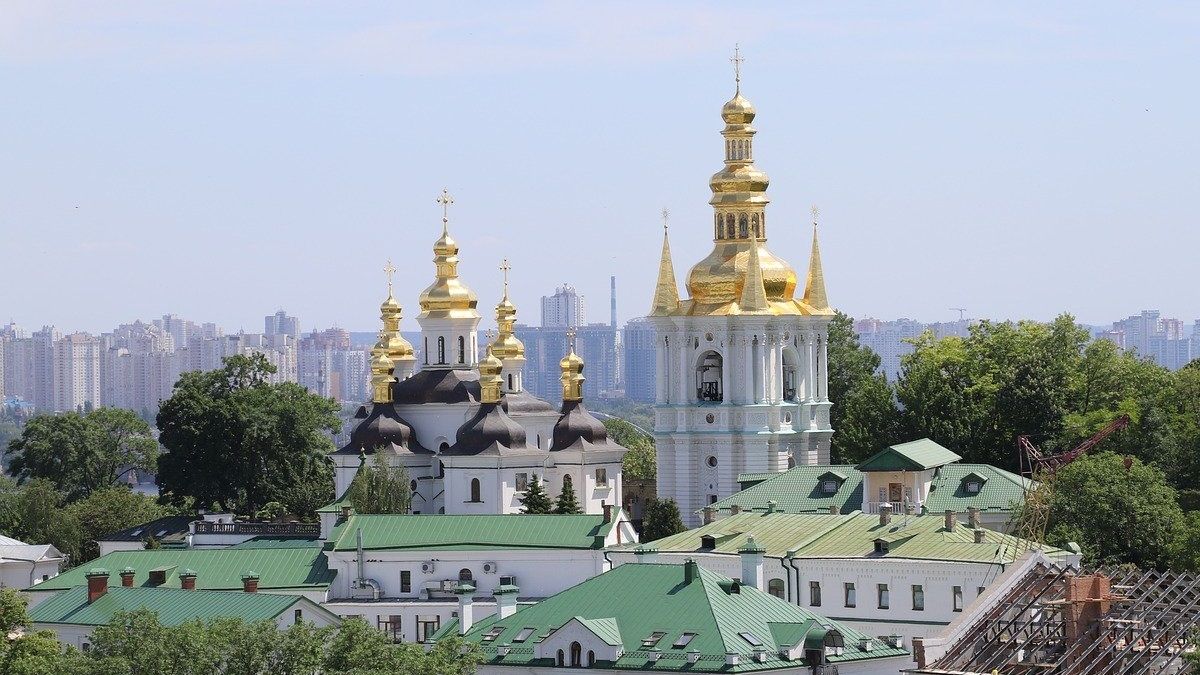Indices across Europe tumbled as Russia began its invasion of Ukraine.
The conflict, the first on European soil since the Balkans over a quarter-of-a-century ago, follows Russia’s annexation of Crimea in 2014 and comes after weeks of speculation as to when—not if—the Russian state would invade.
Following the beginning of hostilities on Wednesday, Germany’s DAX index fell from 14,631.36 to 13,989.41 before recovering slightly, but is currently again on a downward trend.
Meanwhile, the FTSE 100 went from 7,498.18 to 7,303.55. The CAC 40 in France, which has been on a downward trend for some time, fell from 6,869.27 to 6,496.26 before mimicking the DAX. The IBEX 35 in Spain followed a similar trend, dropping from 8,434.6 to 8,081.2 over one day.
As far as media reporting goes, Reuters went with oil jumping above $100 a barrel with stocks diving.
It wrote: “Oil prices broke above $100 a barrel for the first time since 2014, stock markets slumped and the rouble hit a record low on Thursday after Russian president Vladimir Putin launched an invasion of Ukraine.”
ING, meanwhile, noted that offshore trading showed a continued sell-off in Russian USD debt.
It said: “There has been no trading of local currency OFZ Russian sovereign bonds today, but the more liquid 2047 USD Eurobond has sold off further, with yields another 50bp higher near 6.00%. In light of new prohibitions to trade Russian sovereign bonds in the secondary market, for new debt issued from March 1st onwards, investors will watch carefully for the performance of OFZs when they re-open tomorrow. Prior to the sovereign debt sanction announcement, non-residents held RUB 2.8trn ($35.3bn), or around 18% of the overall OFZ market.”
It added: “The US, EU, UK, and Canada reacted by jointly widening the sanction regime. Most importantly, the Nord Stream 2 gas pipeline project was frozen until further notice, foreign participation in Russia’s sovereign debt issued after 1 March was banned, Russia’s two financial institutions, State Corporation Vnesheconombank (VEB) and Promsvyazbank were slapped with blocking financial sanctions (cut off from FX transactions and asset freeze), and the same was applied to a number of high-ranking individuals.”
It went on: “Perhaps more importantly, US president Biden indicated that the announced measures are just the first tranche.”
Given that the first round of defense from Ukraine’s allies seems to be economic—and despite the weakness of the UK’s response—it will be interesting to see what happens next. One solution mentioned has been for Russia to be kicked off the SWIFT system for foreign payments, which is based in Belgium.







